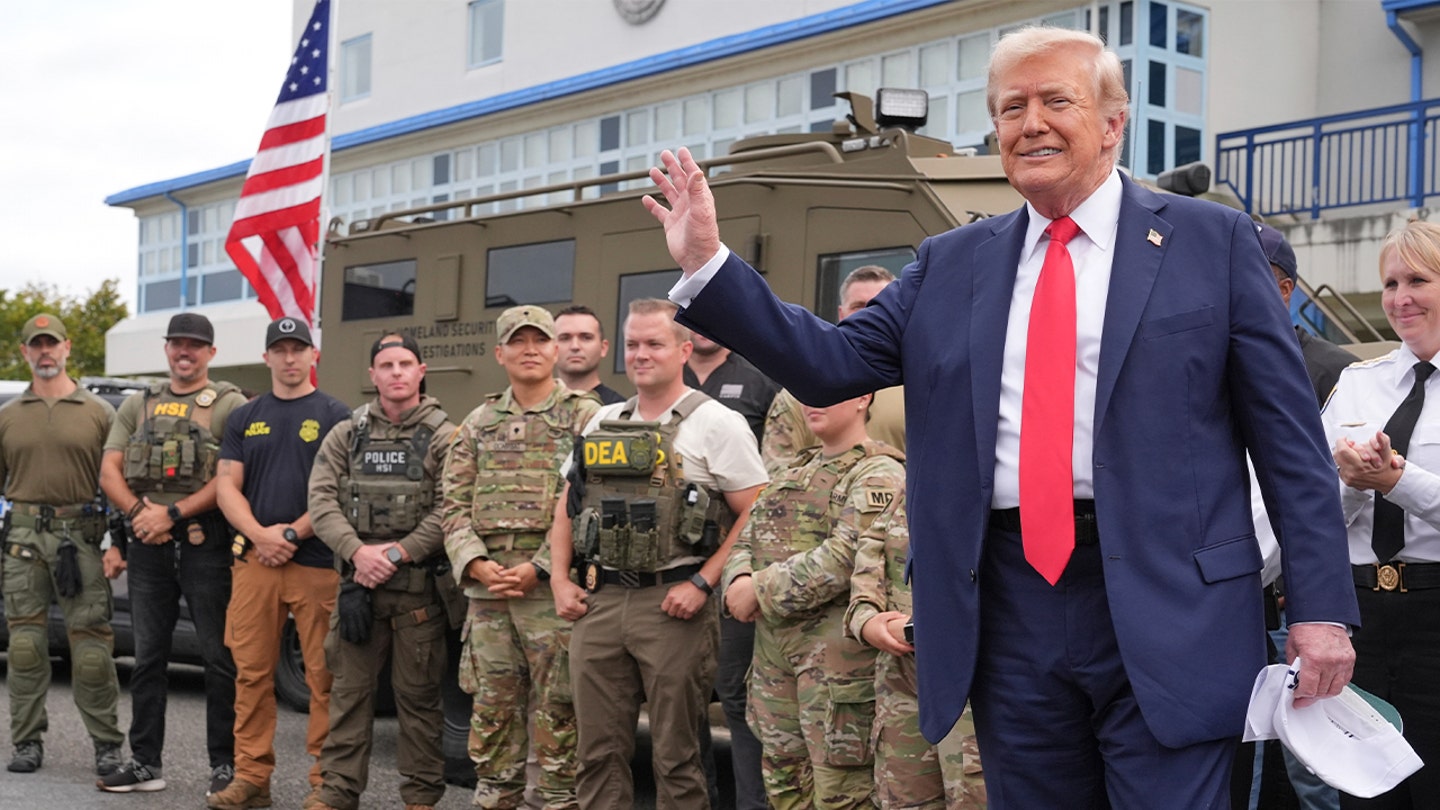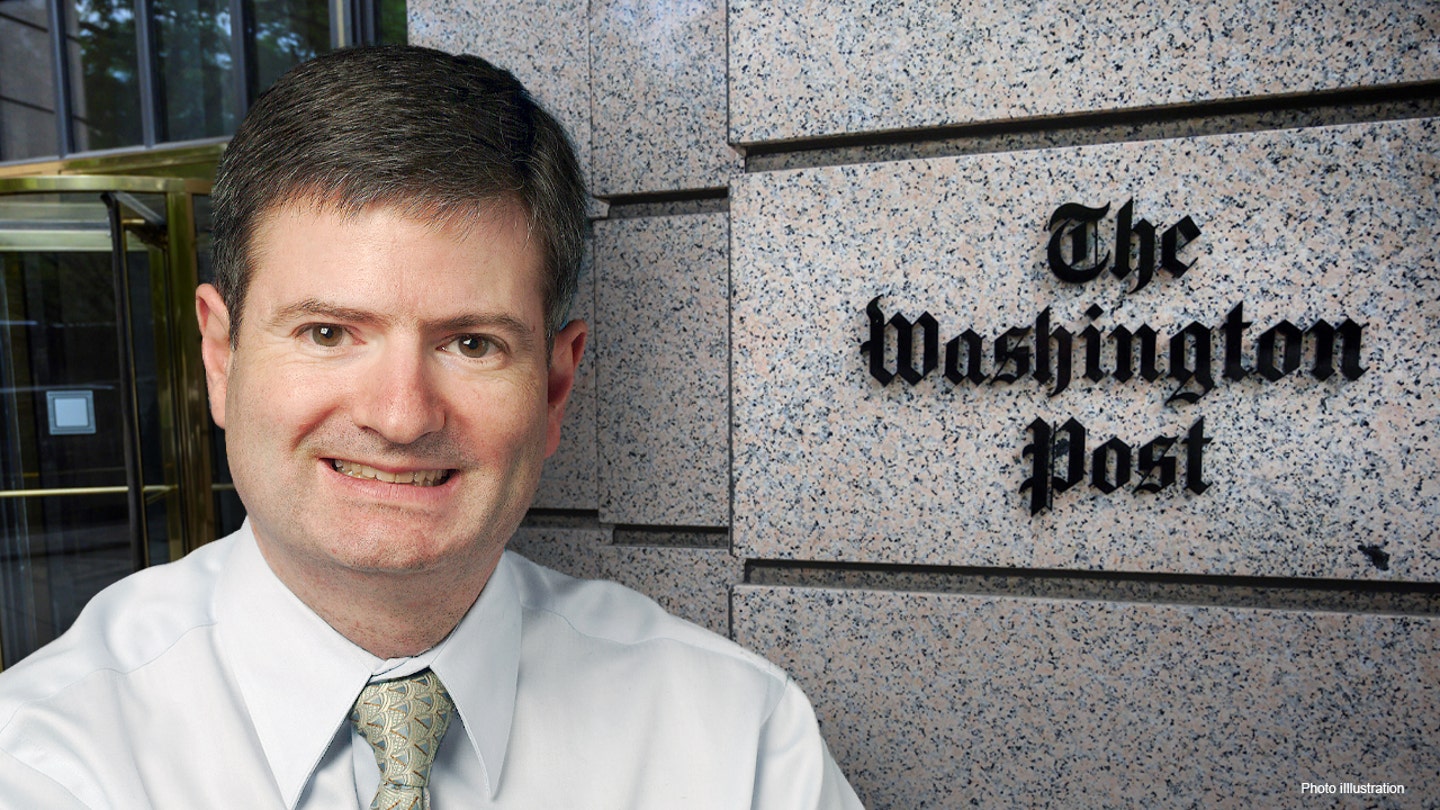
Trump's week shaped by crime agenda, potential guard deployment to Chicago
Entities mentioned:
- Donald Trump: Power, Control, Influence
- Pam Bondi: Duty, Justice, Professional pride
- Brandon Johnson: Self-preservation, Righteousness, Indignation
- J.B. Pritzker: Duty, Self-preservation, Wariness
- Wes Moore: Duty, Security, Cooperation
- Muriel Bowser: Duty, Security, Self-preservation
Article Assessment:
Credibility Score: 70/100
Bias Rating: 55/100 (Center)
Sentiment Score: 35/100
Authoritarianism Risk: 65/100 (Authoritarian Tendencies)
Bias Analysis:
The article presents multiple viewpoints, including Trump's statements and responses from Democratic leaders. While it leans slightly towards critiquing Trump's approach, it maintains a relatively balanced presentation of facts and perspectives.
Key metric: Crime Rate in Major Cities
As a social scientist, I analyze that this article highlights President Trump's focus on crime reduction in major U.S. cities, particularly Chicago and Washington D.C., through the potential deployment of National Guard troops and increased federal law enforcement presence. This approach reflects a centralized, federal-level intervention in local matters, which could impact crime rates but also raises concerns about federal overreach and political motivations. The President's rhetoric and actions suggest a belief that forceful intervention can quickly reduce crime, but this approach may overlook complex socio-economic factors contributing to urban crime. The resistance from local Democratic leaders indicates a political divide in approaches to public safety and federalism. This conflict could affect the implementation and effectiveness of crime reduction strategies, potentially impacting the key metric of crime rates in major cities.

Ex-Washington Post fact checker owns up to poorly-aged report but remains defiant against his critics
Entities mentioned:
- Glenn Kessler: Professional pride, Self-respect, Duty
- Donald Trump: Power, Influence, Control
- The Washington Post: Credibility, Influence, Professional pride
- Matt Murray: Control, Professional pride, Influence
- Ted Cruz: Righteousness, Competitive spirit, Influence
Article Assessment:
Credibility Score: 70/100
Bias Rating: 55/100 (Center)
Sentiment Score: 45/100
Authoritarianism Risk: 30/100 (Generally Democratic)
Bias Analysis:
The article presents multiple viewpoints, including critics of fact-checking, but gives more space to Kessler's perspective. It maintains a relatively neutral tone while discussing controversial topics, suggesting a slight center-right lean.
Key metric: Public Trust in Media
As a social scientist, I analyze that this article highlights the challenges facing fact-checkers and traditional media in maintaining public trust. The piece reveals tensions between journalistic integrity, political polarization, and the rapid spread of information (and misinformation) in the digital age. Kessler's reflections on his career and the changing landscape of fact-checking underscore a shift in how information is consumed and verified by the public. This shift has significant implications for democratic discourse and the role of media in shaping public opinion. The article also touches on internal struggles within news organizations to adapt to these changes, as evidenced by discussions about ombudsmen and editorial decisions.